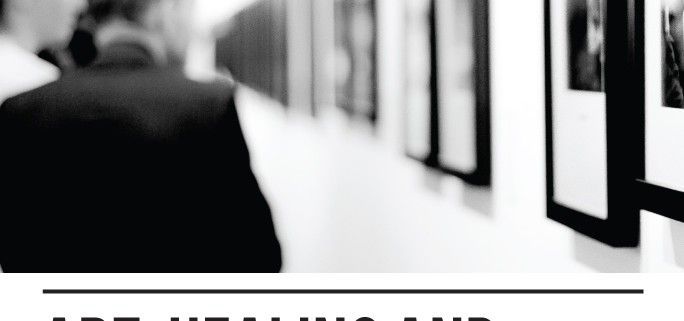Dr Eugen Koh: Art, healing and Northern Ireland
CDPB hosted Dr Eugen Koh in Belfast last week, following his visit to Northern Ireland in September 2015.
Reflecting on the visit Dr Koh said:
“May I thank the Centre for Democracy and Peace Building for inviting me back to Belfast. I have always been very conscious of myself as an outsider: and what would an outsider know? While I am more than ready to concede my ignorance, I hope that my genuine interest and impartiality have helped me to understand the complexities and suffering of Northern Ireland. My visit last year left me in no doubt the fragility of the present peace and also the enormous work already being undertaken by so many to make it long lasting, and usually with so little resources. I have been humbled by the sacrifice of the so many, and have wondered throughout this visit ‘why am I here and what can I offer, really?
The aim of this visit, my third to Northern Ireland has been to understand the art sector and its contribution to the extensive endless effort in building peace. I have seen again and again so much important work that are being done. Following this visit, I am more convinced than ever than the work of the art sector is critical to the overall effort being undertaken in the broad community. In my public lecture “Art, Trauma and Cultural Change’ at the Golden Thread Gallery I tried to put forward the reasons why art is so important not only to overcome the trauma of the Troubles but also to facilitate the cultural change necessary for moving forward. I am very grateful to the many who have spoken to me about their work and shared their view of the situation in Northern Ireland. I leave Belfast troubled, with many questions.
It appears to me that the dominant narrative is one of difference and segregation. Any suggestion of commonality seemed threatening. Why is there such a retreat into an overwhelming emphasis of difference? Why is the possibility of commonality so feared? I believe that difference is very important as it gives us a sense of self and identity, and therefore, security. But then, how can we engage with ‘the other’ in peace without commonality? We need both difference and commonality. Can we have both ? And if we can, how do we find the delicate balance between difference and commonality? I think these questions invite vital conversations, vital to building lasting peace. While I think these conversations are necessary across communities and sectors, I believe the art sector can play a vital role in helping everyone to have such conversations in the most sensitive and powerful way. Is there a role for an outsider like myself in such difficult conversations, I wonder?”
You can read Dr Koh paper “Art, healing and Northern Ireland” HERE.



